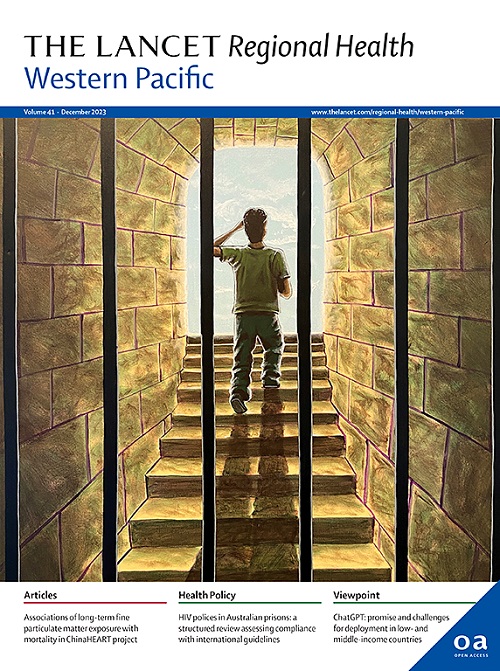Extranodal NK/T-cell lymphoma: an update of the molecular characterization of the tumor and microenvironment, and its clinical implications
IF 8.1
1区 医学
Q1 HEALTH CARE SCIENCES & SERVICES
引用次数: 0
Abstract
Extranodal NK/T-cell lymphoma (ENKTL) is an aggressive lymphoma associated with Epstein–Barr virus which does not respond to conventional anthracycline-based chemotherapy. Recent multi-omics studies have identified genetic and epigenetic alterations involved in the tumor pathogenesis and enabled the characterisation of distinct molecular subtypes with therapeutic and prognostic implications. Similarly, genomic and transcriptomic studies have shed new light on the tumor microenvironment (TME) and potential interactions with the EBV-infected malignant cells, as well as their potential influence on tumor development and progression. This review provides an update on the key genetic alterations and analysis of the recurrent mutations of ENKTL, the role of EBV, epigenetic modifications and emerging molecular classifications of both the tumor and the TME. We also explore the prognostic and therapeutic applications of these new insights, and how they are beginning to reshape the current understanding and future clinical management of this difficult-to-treat disease.
结外NK/ t细胞淋巴瘤:肿瘤和微环境分子特征的更新及其临床意义
结外NK/ t细胞淋巴瘤(ENKTL)是一种与eb病毒相关的侵袭性淋巴瘤,对传统的蒽环类药物化疗无应答。最近的多组学研究已经确定了涉及肿瘤发病机制的遗传和表观遗传改变,并使具有治疗和预后意义的不同分子亚型的特征成为可能。同样,基因组学和转录组学研究揭示了肿瘤微环境(TME)和与ebv感染的恶性细胞的潜在相互作用,以及它们对肿瘤发生和进展的潜在影响。本文综述了ENKTL复发突变的关键遗传改变和分析,EBV的作用,表观遗传修饰以及肿瘤和TME的新分子分类的最新进展。我们还探讨了这些新见解的预后和治疗应用,以及它们如何开始重塑当前对这种难以治疗的疾病的理解和未来的临床管理。
本文章由计算机程序翻译,如有差异,请以英文原文为准。
求助全文
约1分钟内获得全文
求助全文
来源期刊

The Lancet Regional Health: Western Pacific
Medicine-Pediatrics, Perinatology and Child Health
CiteScore
8.80
自引率
2.80%
发文量
305
审稿时长
11 weeks
期刊介绍:
The Lancet Regional Health – Western Pacific, a gold open access journal, is an integral part of The Lancet's global initiative advocating for healthcare quality and access worldwide. It aims to advance clinical practice and health policy in the Western Pacific region, contributing to enhanced health outcomes. The journal publishes high-quality original research shedding light on clinical practice and health policy in the region. It also includes reviews, commentaries, and opinion pieces covering diverse regional health topics, such as infectious diseases, non-communicable diseases, child and adolescent health, maternal and reproductive health, aging health, mental health, the health workforce and systems, and health policy.
 求助内容:
求助内容: 应助结果提醒方式:
应助结果提醒方式:


